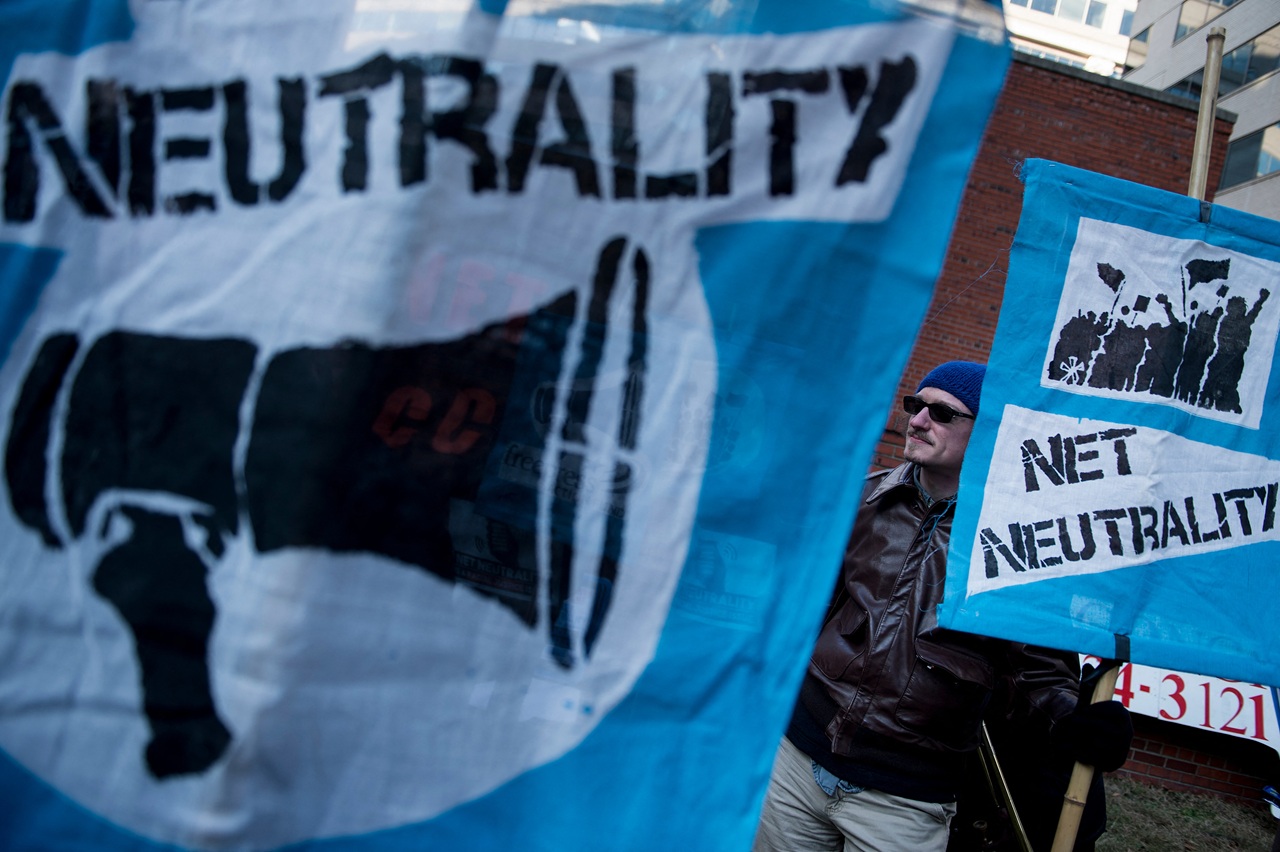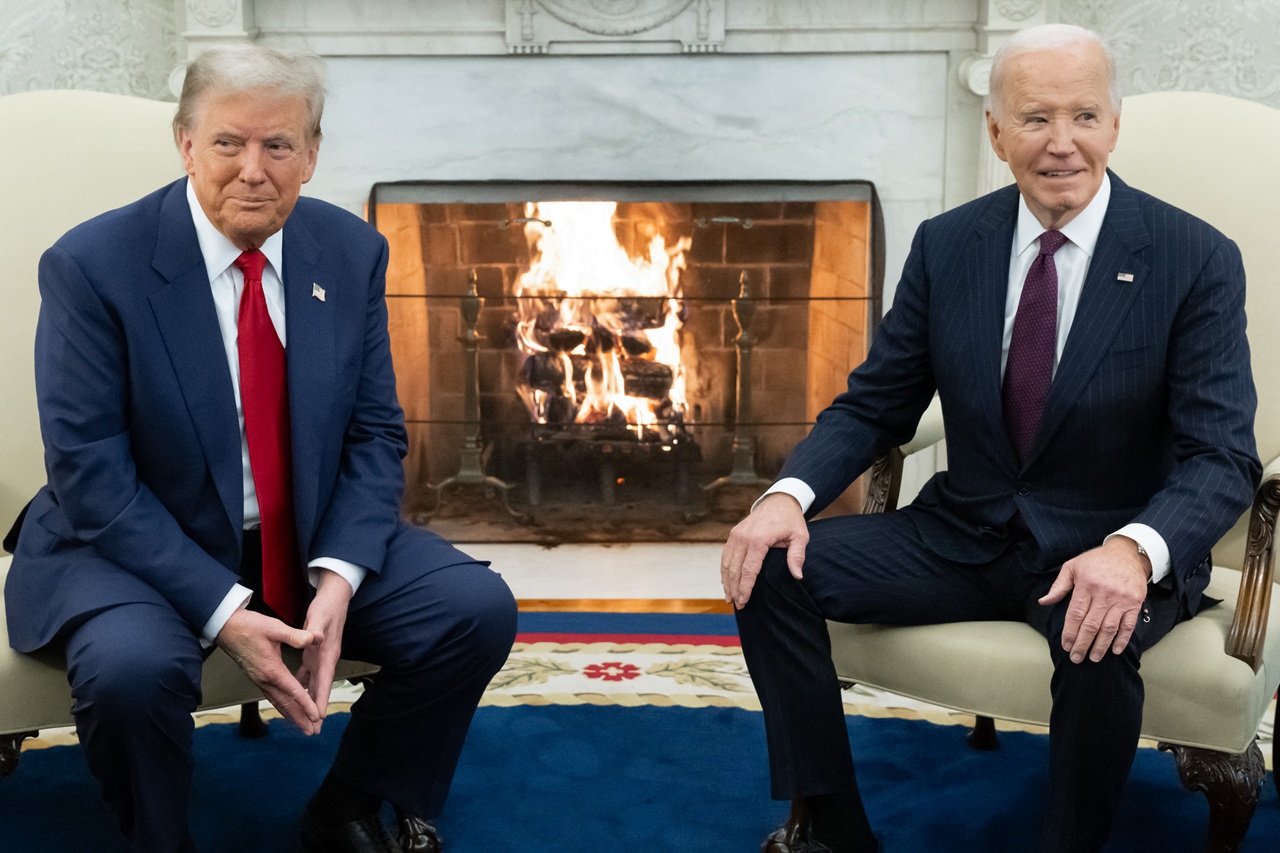
Tying loose ends in the investigation of Haitian president Jovenel Moïse's assassination
In Colombia and the United States, details continue unearthing of what happened during the incursion into the residence of Haitian president Jovenel Moïse, and the responsibility of the Colombian mercenaries that carried it out. However, contradictory versions remain in play.
Investigators from Haiti, Ecuador, the Dominican Republic and Panama are also participating to put together the puzzle of what happened on the night of July 6 and early morning of July 7.
At first, rumors spread in Colombia that their countrymen involved were cheated, despite being experienced in the war against guerrillas and other illegal armed organizations. It has even been suggested that they arrived at the scene an hour after the assault.
Evidence against this narrative forced authorities to make public inquiries regarding the suspicious movements of several of the ex-military members hired to go to Haiti. Even the director of the Colombian Police, General Jorge Luis Vargas, said that the 21 ex-military men would have some connection with what happened. Of them, three died during a raid after the crime, while the remaining 18 were detained by Haitian security agencies, which included those at the Taiwanese embassy.
Likewise, voluminous data, camera recordings and telephone conversations are being analyzed to tie up all the ends. The Haitian authorities, meanwhile, are looking for seven more Colombian suspects thought to be involved and left traces in their flight.
On the other hand, relatives of those captured and some ex-military personnel that did not accept the offer to go to Haiti, say they were contacted to protect the President, and the captured Haitian-Americans have said the mission consisted of capturing Moïse to fulfill a court order.
In the investigations, it has been found that a company based in Florida was in charge of paying the tickets of at least 19 Colombians to go from Bogotá to Santo Domingo, in the Dominican Republic. The company is called CTU Security LCC, whose representative is a Venezuelan citizen, Anthony Emmanuel Itriago Valera.
CONTENIDO RELACIONADO
In the United States, the Drug Enforcement Administration (DEA) said in a statement that at least one of the detainees in Port-au-Prince served as a confidential source for the agency. After the incursion and assassination of the Haitian president, that person “contacted his contacts at the DEA."
"A DEA official assigned to Haiti urged the suspect to surrender to local authorities and, together with a U.S. Department of State official, provided information to the Haitian government that assisted in the surrender and arrest of the suspect and another individual.”
The DEA responded after learning that in one of the videos of the attack, the perpetrators are heard identifying themselves as members of the anti-narcotics agency.
CNN assured that sources consulted by the media indicated that others arrested would have been informants of the FBI, which indicates it uses legal sources for its intelligence work.
The assassination has shaken the continent and, for now, what is known is that the pieces of the puzzle stay between Haiti, Florida and Colombia.










DEJE UN COMENTARIO:
¡Únete a la discusión! Deja un comentario.